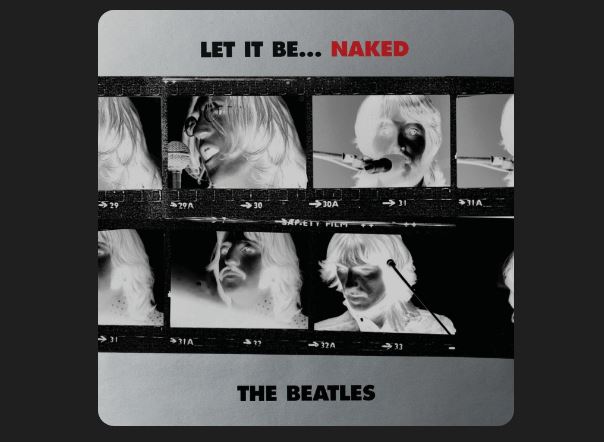Review: The Beatles – Let It Be… Naked
Years of dissatisfaction with Phil Spector’s heavily produced version of Let It Be finally pushed Paul McCartney to rework The Beatles’ swan song. Frustrated by the grandiose “Wall of Sound” approach, McCartney took it upon himself to recreate the album with a cleaner, more stripped-down feel, especially after George Harrison’s passing gave him the opportunity to pursue his vision. Although these remixes don’t necessarily improve upon Spector’s versions, they offer a dramatically different emotional journey through the same material. Even decades later, the themes of tension, loss, and heartfelt connection still resonate powerfully. McCartney’s subtle changes breathe new life into these legendary recordings from Abbey Road Studios.
The revisions stand out most clearly in tracks like The Long and Winding Road, which now has a more delicate, heartfelt quality. The revamped tracklist also shines, particularly with the inclusion of Don’t Let Me Down, a gem that had been unjustly left off the original studio albums. The songs here feel leaner and less burdened by overproduction—not necessarily better or worse than the originals, just distinct. Get Back, for instance, still retains its essential charm, though the instrumentation is dialed back, sometimes almost to a whisper. Much of Let It Be… Naked echoes the polished, emotional pop aesthetic McCartney favored in the 1980s, allowing the softer, more introspective sides of these songs to shine. This approach suits the material well, and in this form, The Long and Winding Road emerges with a new tenderness that invites fresh appreciation. While comparisons to the original are unavoidable, Let It Be… Naked stands confidently on its own merits.
Every adjustment McCartney makes serves as a direct response to Spector’s grandiose production. The revised album leans more heavily on McCartney’s contributions, with a smoother, more refined sound throughout. In contrast to Spector’s dramatic layering, these remixes emphasize intimacy and clarity. That said, both versions offer valid artistic interpretations of the band’s final work—Spector’s version reflecting the turbulent backdrop of a band unraveling, and McCartney’s offering a softer, more affectionate tribute. The new sequencing, especially the seamless flow from One After 909 into Don’t Let Me Down, captures McCartney’s vision perfectly. Lennon’s song benefits from a more pleasant instrumental mix, and ultimately, the emotional tone—rather than technical specifics—defines the listening experience.
Each version of Let It Be is a triumph in its own right. One captures the chaos of a legendary band’s collapse, while the other revisits that turmoil with warmth and clarity. McCartney’s gentler touch gives moments like Across the Universe a poignant depth that contrasts sharply with the bombast of the original. His aim is clear: to remind listeners that The Beatles, at their core, were extraordinary musicians—not just icons of politics, culture, or belief. Let It Be… Naked doesn’t just peel away layers of excess; it reaffirms the group’s artistry and humanity. Through this refined remix, McCartney offers a moving reflection on the band’s final chapter, inviting fans to reconsider it with fresh ears and full hearts.





